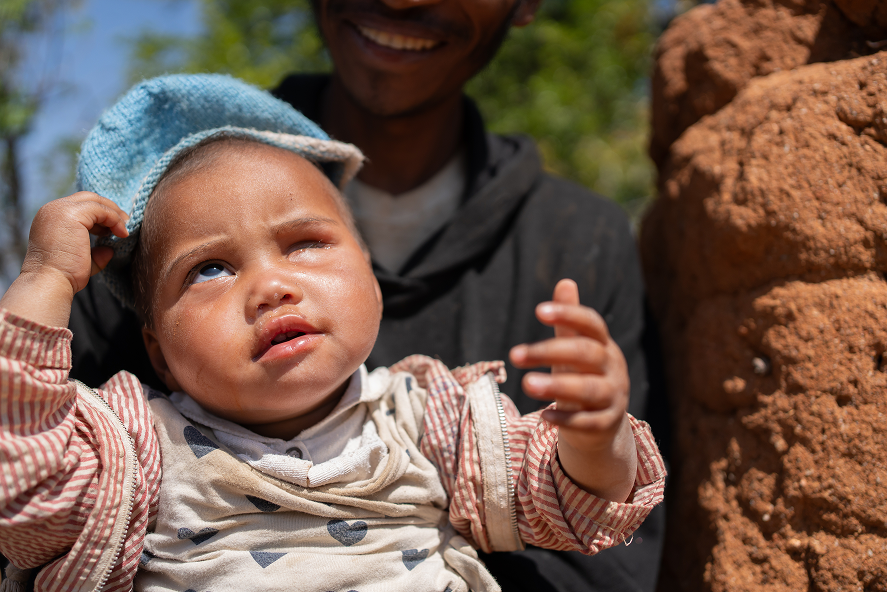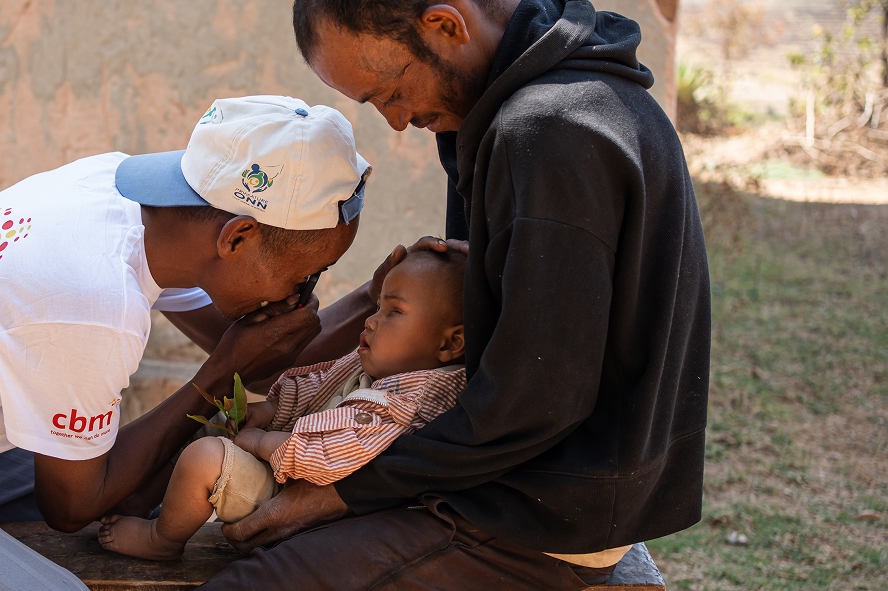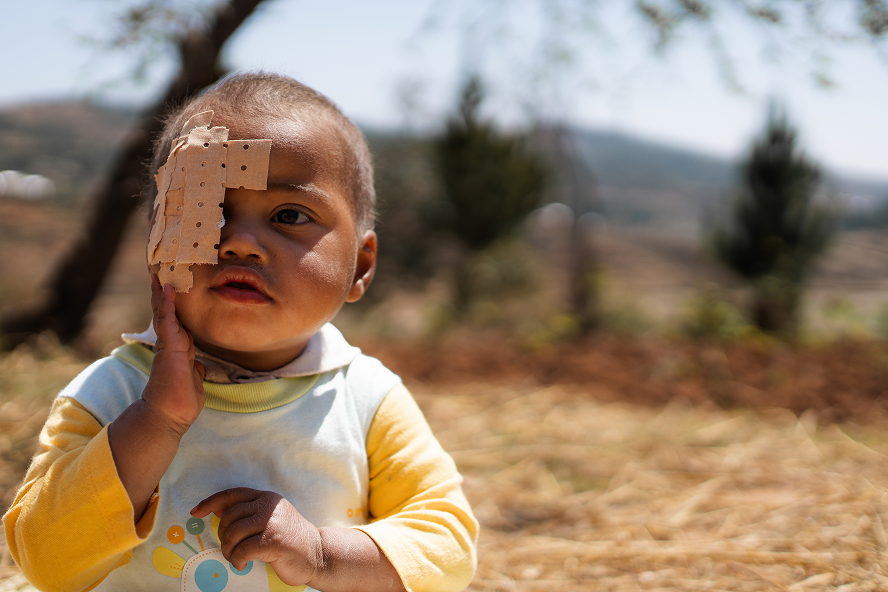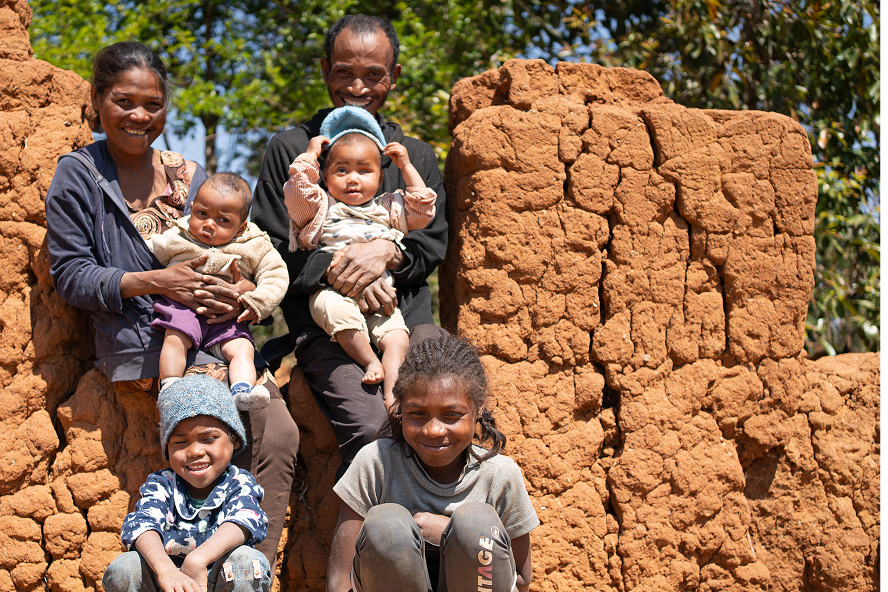

Give the gift of Life
Right now, more children like Sombiniaina risk losing their life to cancer. Your gift could help ensure their illness is caught in time and they can be cured.
50 thousand eye screenings in Madagascar Alone

(With YOur Help We Can Reach The Rest)
4.4 million people impacted worldwide (and counting)

Our Partners
& Supporters












one gift.
a lifetime
of change
How to Give
CBM has more than 100 years of global experience—and CBM Ireland has been part of that journey since 2002. Over the past two decades, we’ve reached hundreds of thousands of individuals with sight-saving care, inclusive education, and support for lasting change.
CBM Ireland, 176 Ivy Exchange,
Granby Place, Dublin 1
Frequently Asked Questions
How is my donation used?
Your gift helps fund essential services like cataract surgery, transport to hospital, and post-operative care. It directly supports people in poverty experiencing avoidable blindness.
Can I donate monthly instead of a one-time gift?
Absolutely. Monthly giving helps us plan ahead and respond more quickly to urgent needs—reaching people like Juliana before it’s too late.
Is my donation tax-deductible?
Yes. If you donate €250 or more in a year and complete a CHY3 form, CBM can claim tax back—making your gift go even further at no extra cost to you.
How much of my donation goes to the people who need it?
We work hard to ensure that your donation is used effectively. At least 85% of funds go directly to programme activities, with the remainder supporting essential operations and fundraising.
Can I choose where my donation goes?
Donations to this appeal will go towards our sight-saving work, including cataract surgeries in areas like rural Kenya. If you'd like to support a specific area of work, get in touch and we’ll do our best to accommodate.
How much does a cataract surgery cost?
On average, €150 can fund sight-saving surgery for one person. Even smaller gifts can help cover transport, follow-up care, and screening.
Is it safe to donate online?
Yes. Our donation process is fully encrypted and secure. We never store your payment information or share your personal data.
Can I donate by post or phone?
Yes. You can post a donation to CBM Ireland, 176 Ivy Exchange, Granby Place, Dublin 1, or call us at +353 (0)1 873 0300 to donate over the phone.
Can I donate in honour or memory of someone?
Yes, many supporters choose to donate in honour of a loved one. Please contact us if you’d like to receive a special card or message with your gift.
Who can I contact with questions?
We’d love to hear from you. Call us on +353 (0)1 873 0300 or email info@cbm.ie. We’re here to help.







